Neatorama |
- This Pet Owner Trained His Cat To Be A Firefighter
- Flowers Are Adapting To Climate Change
- Turds In Space
- This Piano Mixes Cocktails Based on Which Keys You Play
- When You Forget to Proofread
- Swearing Parrots Removed from Public View
- Fashion Brands Emphasize "Waist-Up" Looks for Video Conference Calls
- A Reminder From Nintendo About The Switch
- Who Wants 3D Milk?
- Is This Study Legitimate?
- This May Be The Perfect Material For Building on Mars
- Sir Alexander Fleming Discovered Penicillin 92 Years Ago
- People With Less Sleep Are More Likely to Experience Cognitive Impairment
- Capturing The Omega Sunrise
- The Good, The Bad, and The Ugly Stuff We See On CCTV
| This Pet Owner Trained His Cat To Be A Firefighter Posted: 30 Sep 2020 06:41 PM PDT
Would you trust your life to a cat? I mean, cats are expendable, and can probably get to you faster than any human. I'd trust a cat with my life. It seems that there's a possibility of cats becoming trained firefighters! YouTuber and mechanical engineer William Osman has turned his furry companion into a firefighter. The cat may not jump to a burning building, but it can push a button to save people, as Nerdist details: Osman decided to train the cat to put out fires as part of a laser-baby build inspired by The Boys. But while the baby build is entertaining, what's really fascinating here is the cat training. Because, yes, cat training is just as unreliable—and semi-futile—as one would expect. Despite the difficulties of training Jimmy Neutron the cat, Osman eventually trained him to press a button And all it took is a contraption with numerous moving pieces powered by servo motors; including a treat dispenser, a clickable button, and, to use Osman's term, a "flame system." Toward the end of the video (around minute 13), Osman placed the cat near a tiny wooden house. Osman then lit the house on fire and waited for his cat to press the button—and thusly douse the flaming house with a spit of water from a tiny fire truck. And while it took the feline a while to screw its courage to the scratching post, it eventually put out the fire. Image via Nerdist |
| Flowers Are Adapting To Climate Change Posted: 30 Sep 2020 06:41 PM PDT
Plants and animals try their best to adapt to the rapidly changing climate by moving to other territories and shifting breeding seasons. Apparently these aren't the only ways they cope with climate change! Researchers have discovered that for the past 75 years flowers tend to adapt to temperature and declining ozone by altering their color. To be specific, flowers are altering ultraviolet (UV) pigments in their petals, as Science Magazine details: To find out, Koski and colleagues examined plant collections from North America, Europe, and Australia dating back to 1941. In all, they examined 1238 flowers from 42 different species. They photographed flower petals from the same species collected at different times throughout their natural range using a UV-sensitive camera, which captured changes in UV pigment. They then matched these changes to data on the local ozone level and temperature. On average, pigment in flowers at all locations increased over time—an average of 2% per year from 1941 to 2017, they reported this month in Current Biology. But changes varied depending on flower structure. In saucer-shaped flowers with exposed pollen, like buttercups, UV-absorbing pigment increased when ozone levels went down and decreased in locations where ozone went up. But flowers with pollen concealed within their petals, such as the common bladderwort, decreased their UV pigment as temperatures went up—regardless of whether ozone levels changed. Though surprising, the finding "makes total sense," says Charles Davis, a plant biologist at Harvard University who was not involved with the work. Pollen hidden within petals is naturally shielded from UV exposure, but this extra shielding can also act like a greenhouse, trapping heat. When these flowers are exposed to higher temperatures, their pollen is in danger of being cooked, he says. Reducing UV pigments in the petals causes them to absorb less solar radiation, bringing down temperatures.Although such pigment changes may be indistinguishable to the human eye, they stand out like a beacon to pollinators like hummingbirds and bees. Image via Science Magazine |
| Posted: 30 Sep 2020 06:41 PM PDT
Some of us dreamed of becoming an astronaut and going to space when we were young. But when we saw the math and science it took for you to become one, most of us just moved on. Have you ever wondered how people get along in space? Mashable's Jules Suzdaltsev shares an animated clip of how the 1969 Apollo 10 crew reacted after discovering... certain objects floating around the capsule. Image screenshot via Mashable |
| This Piano Mixes Cocktails Based on Which Keys You Play Posted: 30 Sep 2020 06:41 PM PDT
Mezerg is a French musician and instrument designer who builds unique instruments, including a watermelon, a theremin ring, and an electric drill. His latest creation is the Piano Cocktail. Selected keys open the stops on liquor bottles, allowing the musician to play a cocktail into existence. You can also mix a specific recipe. It just might sound weird. -via Born in Space |
| Posted: 30 Sep 2020 05:07 PM PDT
Because students always have to write a lot of papers, oftentimes they forget to double-check whether what they have written is good enough to be submitted. What happens next, you ask? Regret, that's what. Not only do students misspell a word here and there, but they leave in entire phrases they typed to themselves in a moment of despair or they forget that the name of the text file is so dirty, it sounds like something Eric Cartman would say. Bored Panda compiles 32 of these moments. See them all over at the site. (Image Credit: lindsey_bell18/ Bored Panda) |
| Swearing Parrots Removed from Public View Posted: 30 Sep 2020 03:30 PM PDT
The Lincolnshire Wildlife Park in Friskney, UK, often takes in parrots that need a home, and they now have around 1500 of them. Recently, they acquired five new African grey parrots from various homes. Park CEO Steve Nichols explains what happened.
Eventually the birds were put out for display, and they showed off their language skills by abusing visitors. Concerned that children were coming for the weekend, the staff decided to remove the parrots from public view. The parrots were separated from each other and lodged with other parrots in the hopes that they will learn new vocalizations. Or will they teach the other parrots to swear? Read more about the foul language fowls at Lincolnshire Live. |
| Fashion Brands Emphasize "Waist-Up" Looks for Video Conference Calls Posted: 30 Sep 2020 03:29 PM PDT Are you clothed above the waist right now? If so, why? Unless you're a klutz with your webcam, you have nothing to worry about. Right now, I'm wearing pajama shorts with a dress shirt because no one in my upcoming Zoom meeting will see my lower body. Fashion brands are catching up with this trend. The BBC reports: A "waist-up" focus has been noticed at both Milan and London Fashion Weeks, with detailed necklines and relaxed trousers. [...] "Fashion is about reacting to reality," said Miuccia Prada, head designer of Prada, at its virtual Milan fashion show. "During lockdown, I realised how important technology is and how it is impactful for us, and in some ways, an extension of ourselves." "The tunic tops and roll necks, with the brand's famous triangle logo blown up and placed directly below the neckline, will certainly catch the eye of your fellow Zoomers," Jane McFarland, fashion director at The Sunday Times, said of the collection. -via Dave Barry |
| A Reminder From Nintendo About The Switch Posted: 30 Sep 2020 03:29 PM PDT
We should always charge devices from time to time, in order to prolong their life. But what should be the interval? For the Nintendo Switch, Nintendo Support says that it's half a year. Via tweet, Nintendo Support wrote that if left uncharged for a long period of time, the game console's internal battery won't be able to charge and thus will become unable to use. They add, "Please charge it once every six months." Nintendo sure does love its customers. What do you think? (Image Credit: Evan-Amos/ Wikimedia Commons) |
| Posted: 30 Sep 2020 03:29 PM PDT
Tired of drinking boring milk and generic milk candies? If your answer to this question is yes, then you might look forward to this type of food which may be available in the near future: 3D-printed milk food products. A team at Singapore University of Technology and Design overcame these limitations and figured out how to print milk products at room temperature using a method called cold extrusion. Their magic ink: powdered milk. The stuff you keep in your pantry just in case. The best milk ink, they found, is 70 grams of powdered milk per 100 grams of water. This discovery could lead to entirely new food concepts. "Given the versatility of the demonstrated method, we envision nutritious and visually appealing foods, with various needs for nutrition and material properties," the researchers wrote. Yum! (Image Credit: SUTD/ Fast Company) |
| Posted: 30 Sep 2020 03:28 PM PDT
A paper claiming that there is a black hole on the center of the Earth, and that this black hole is influencing the shape of our DNA, has scientists baffled. What's amazing is that they only noticed this paper now, when it was published last year. It's either a brilliant satire on conspiracy theories, or the worst thing to be published in physics, genetics, and chemistry for a long time, possibly ever. Either way, we want to know how it got past peer review. Last year the Macedonian Journal of Medical Science published a paper under the astonishing title "A Black Hole at the Center of Earth Plays the Role of the Biggest System of Telecommunication for Connecting DNAs, Dark DNAs and Molecules of Water on 4+N- Dimensional Manifold". If you think the headline is out there, look at the diagrams. [...] One theory is that this "paper" is actually random phrases put together as an attempt to test the peer-review standards of journals that might be getting sloppy, something scientists do now and then. Evidence for this comes from the fact that the last author, Torello Lotti, has previously published about the problem of predatory journals. More details about this crazy study over at IFL Science. What are your thoughts about this one? (Image Credit: @_Astro_Nerd_/ Twitter) |
| This May Be The Perfect Material For Building on Mars Posted: 30 Sep 2020 03:27 PM PDT
Of the many things that we should consider as we plan on colonizing other planets and our own Moon, our basic needs — namely, food, water, shelter, and clothing — should be the first thing that we think about. Since the environments on the other planets vary from the environment that we have on Earth, how we meet these needs will surely be different from how we normally do it. This is why,... For quite a while now, scientists have been developing technologies that explore both the moon and mars. From 3D-printed mars habitats to lunar toilets, news regarding space travel advancements have flooded our streams, having specialist[s] trying to figure out if our species would be able to live and survive in another planet or on our own satellite. One of the basic needs that we have to meet is shelter. Or rather, the materials that we need to build one. Concrete is not an option as it requires large amounts of water not found on these places. Fortunately, there could be an alternative to that material, according to this study published by Javier Fernandez, a scientist at Singapore University of Technology and Design. In this study, he states that "a simple manufacturing technology based on chitin, one of the most ubiquitous organic polymers on earth, could be used to build tools and shelters on Mars." Learn more about this over at DesignBoom. What are your thoughts about this one? (Image Credit: Zituba/ Wikimedia Commons) |
| Sir Alexander Fleming Discovered Penicillin 92 Years Ago Posted: 30 Sep 2020 02:32 PM PDT
On September 3, 1928, Sir Alexander Fleming returned to work after spending a vacation in Suffolk with his family. Upon returning to the laboratory, he checked on the culture plates he left there before he went on vacation. (He had inoculated staphylococci on these plates). As he inspected the plates, he noticed that one culture was contaminated with a fungus, and, for some reason, the colonies of staphylococci that surrounded the fungus had been destroyed. "That's funny," he remarked. He identified the mold as a genus of Penicillium. Little did he know that his discovery would be a big one. Later, Fleming said: "When I woke up just after dawn on September 28, 1928, I certainly didn't plan to revolutionize all medicine by discovering the world's first antibiotic, or bacteria killer. But I suppose that was exactly what I did." (Image Credit: Dorothy Hodgkin/ Science Museum London/ Science And Society Picture Library/ Wikimedia Commons) |
| People With Less Sleep Are More Likely to Experience Cognitive Impairment Posted: 30 Sep 2020 02:18 PM PDT
People who sleep less than six hours are two times more likely to have cognitive impairment in the future. This is what researchers from the Penn State College of Medicine found in their study, which is published in the journal Sleep. Fernandez-Mendoza and colleagues found that adults who reported insomnia symptoms or chronic insomnia and slept less than six hours in the lab were two times more likely to have cognitive impairment when compared to good sleepers. They also found that this association was particularly strong for adults with coexisting cardiometabolic conditions and cognitive impairment, which may be an indicator of vascular cognitive impairment—a condition where poor cardiovascular health results in impaired brain function. This type of study seems to suggest that the brain depends on sleep. "Understanding the connection between sleep deficiency and early cognitive decline could lead to improved treatments for insomnia," said Michael Twery, the director of the National Center on Sleep Disorders Research of the National Heart, Lung, and Blood Institute, and one of the study's funders. Learn more about the study over at Neuroscience News. How much sleep do you get? (Image Credit: DanFa/ Pixabay) |
| Posted: 30 Sep 2020 02:18 PM PDT
One does not just capture a sailboat crossing in front of a sunrise. It takes luck and timing. And that's just what Juan Antonio Sendra had two weeks ago when he was at the Mediterranean Sea. Additionally, by a lucky coincidence, the background Sun itself appears unusual -- it looks like the Greek letter Omega (Ω). In reality, the Sun remained its circular self -- the Omega illusion was created by sunlight refracting through warm air just above the water. Thank Helios. (Image Credit: Juan Antonio Sendra) |
| The Good, The Bad, and The Ugly Stuff We See On CCTV Posted: 30 Sep 2020 02:18 PM PDT
From a man boxing with a fly, to two airport baggage handlers clashing against each other, to a jerk pissing on the elevator buttons (and then paying the consequences), Ozzy Man Reviews delivers to us a compilation of the good, the bad, and the ugly stuff documented on CCTV. Which one is your favorite? (Image Credit: Ozzy Man Reviews/ YouTube)
|
| You are subscribed to email updates from Neatorama. To stop receiving these emails, you may unsubscribe now. | Email delivery powered by Google |
| Google, 1600 Amphitheatre Parkway, Mountain View, CA 94043, United States | |
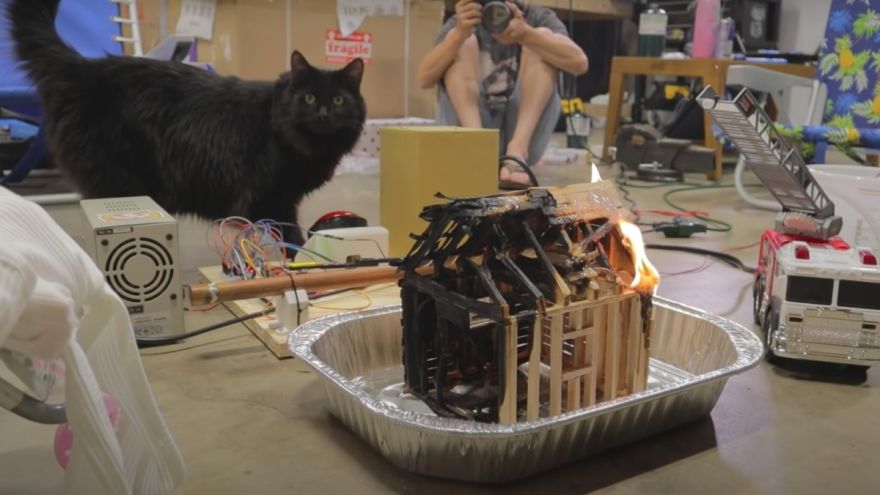
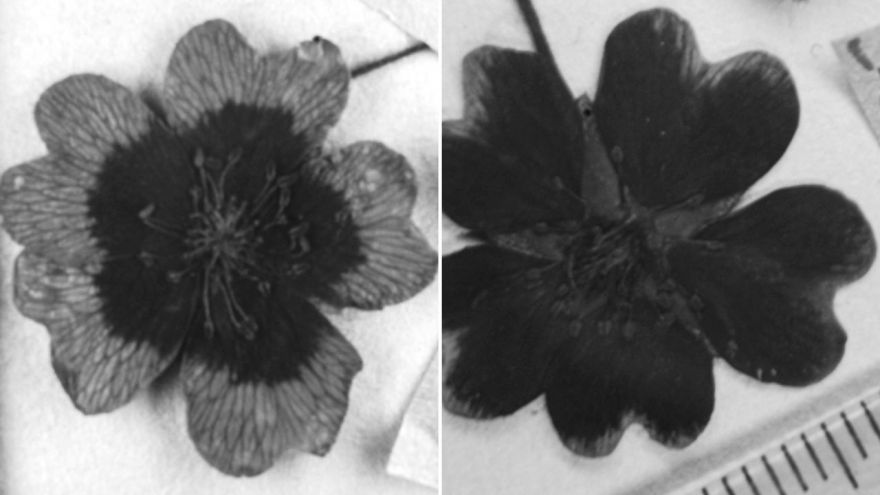
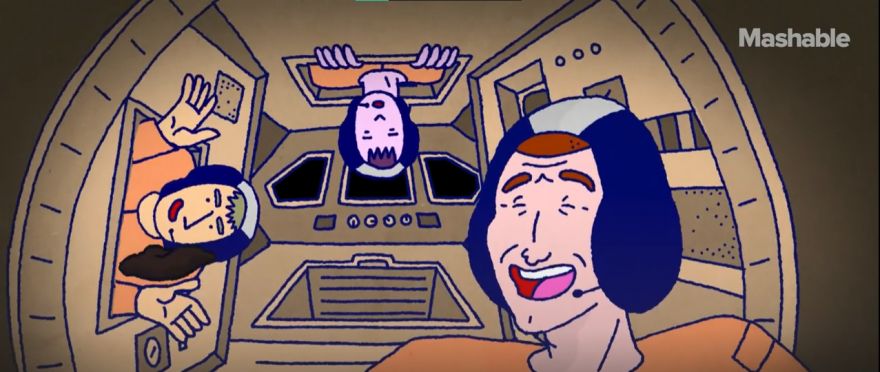

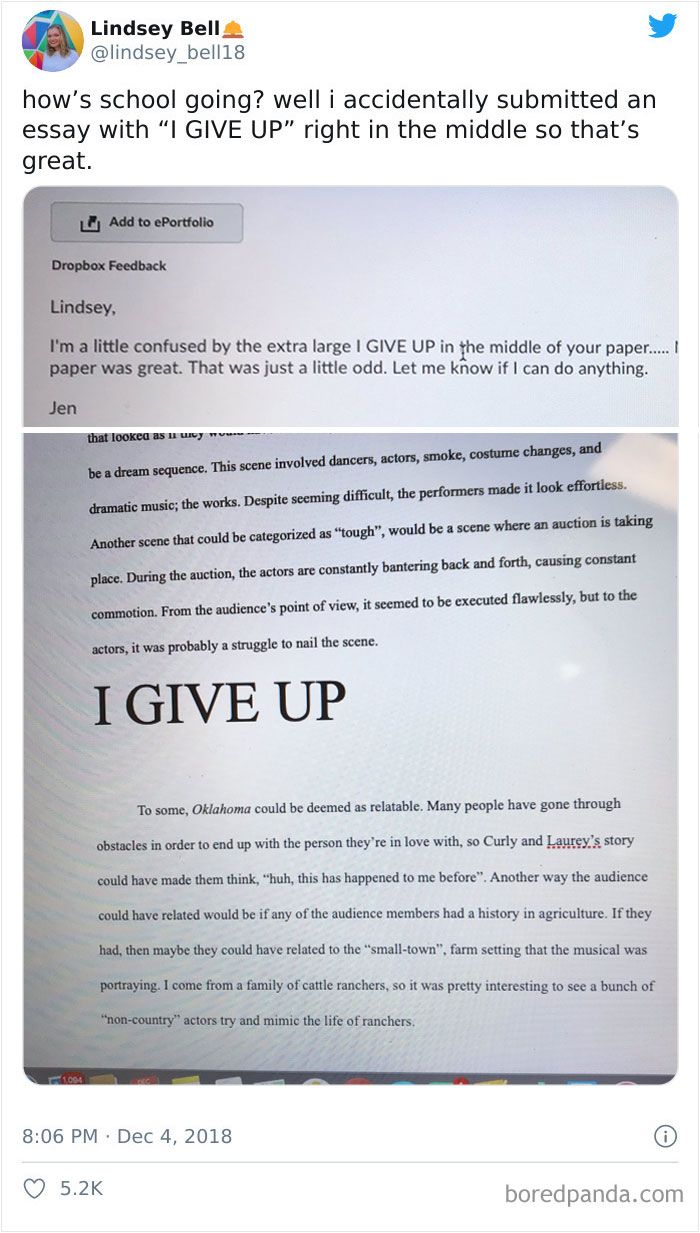
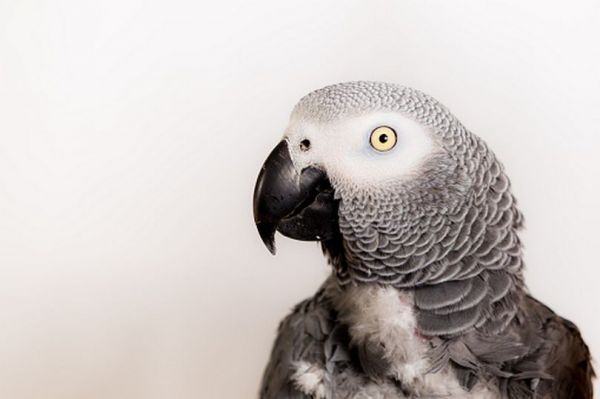



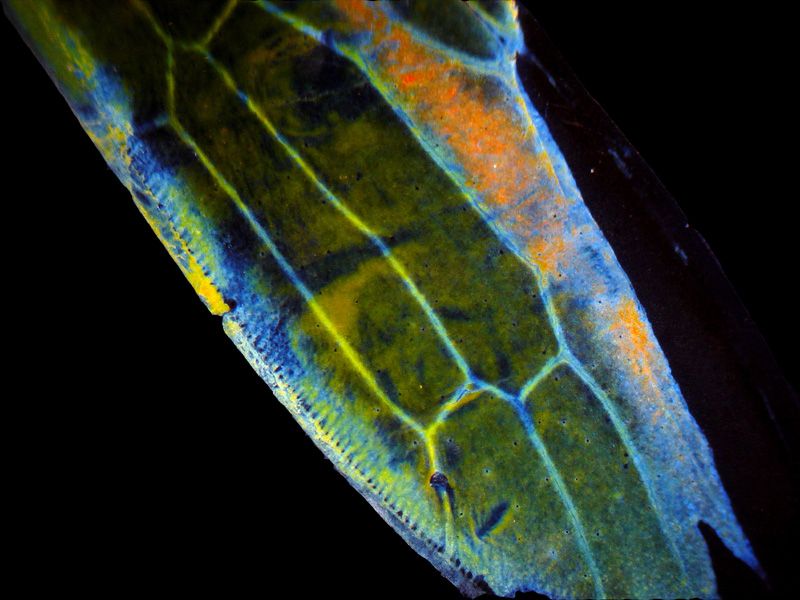
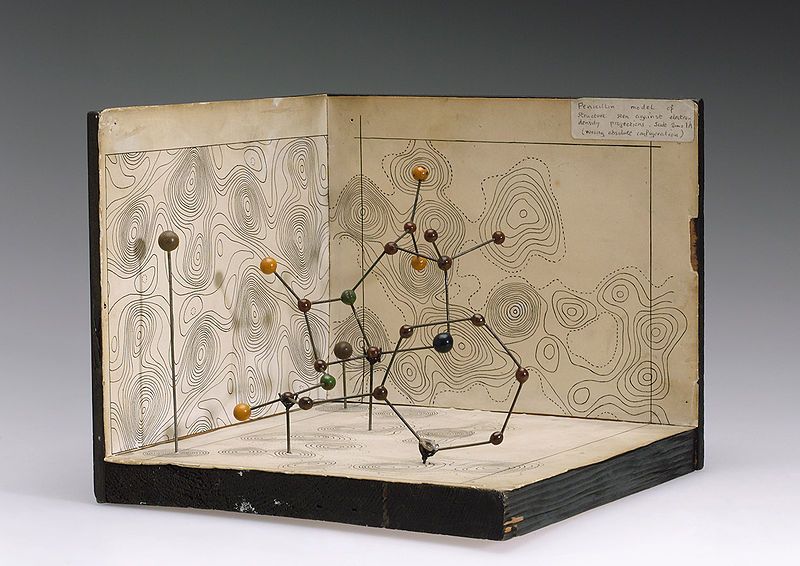
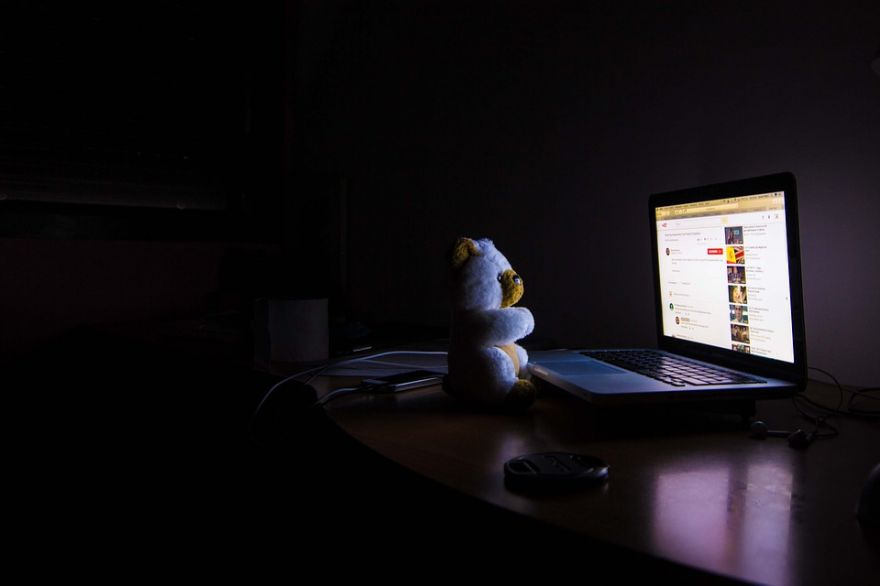



No comments:
Post a Comment
Keep a civil tongue.